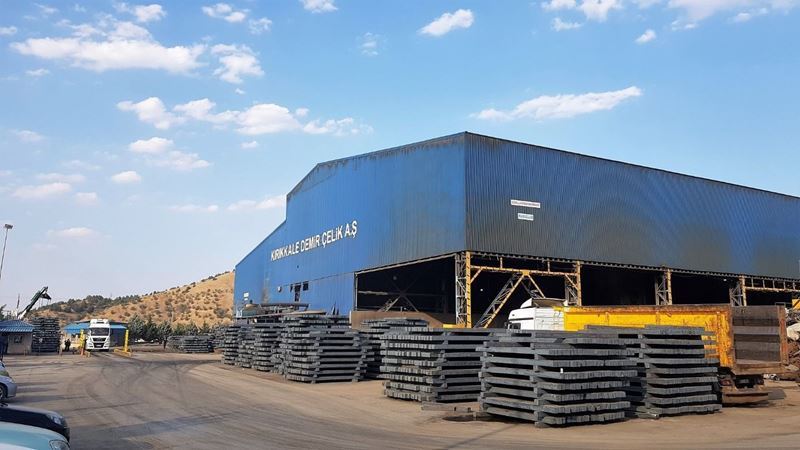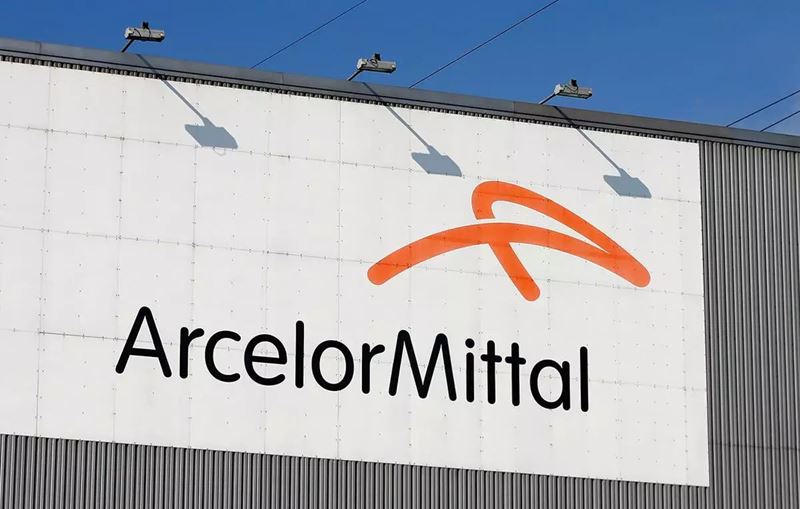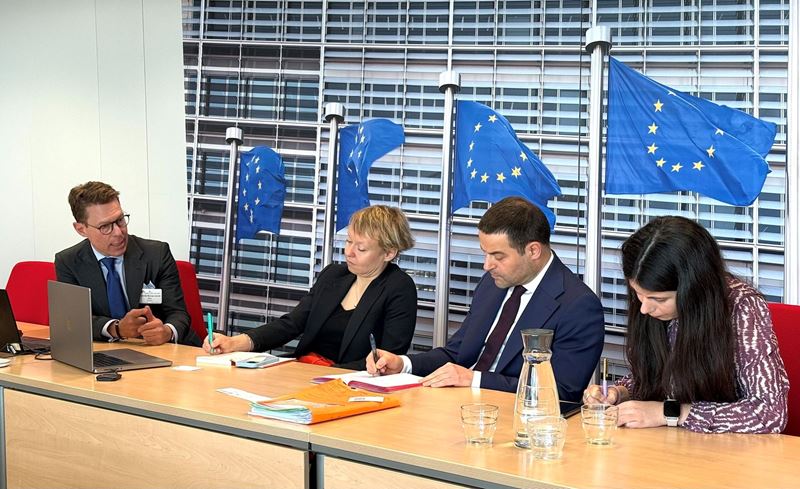The following information is included in the study conducted for information purposes about Kırıkkale Demir Çelik factory: It has been seen that, in order to meet the high quality rebar needs of all of Turkey, especially in Central Anatolia, a steel mill was established as Kırıkkale Demir Çelik A.Ş. in August 2013 to produce billets and a rolling mill was established in April 2014 to produce rebars of various diameters and lengths, and this factory, which has made a great contribution to our city, supplies its scrap from the scrap factory in our city and from the whole region of the country, and is serving in our city both in terms of added value and the number of people it employs.
It is among the information received that the iron ore obtained by melting the iron collected from the recycling of the factory is produced as billets in different sizes according to the demand for use in the metal industry, as well as rebars for use in constructions.
It has been understood from the study carried out in this context; increasing the Manganese and Carbon ratios in the rebar and hot cold processes affect the quality of the steel produced, the increase in the amount of carbon in the steel affects the durability in a good way, while it affects the weld holding property in the opposite direction, and in the rebar production standard, the carbon ratio in the steel is 25%. Also, the weldability feature is prominent especially in the production of prefabricated structures. In addition, since the high carbon content will cause brittleness in the steel, and the steel will crack and/or break in bending and twisting during the manufacturing process; the flexibility of rebar is provided by using alloy elements such as Nb, Va, Vo, etc, apart from manganese. One of the ways to increase the quality of rebar is with the controlled water cooling system, where the hot rolled rebar is subsequently applied cold processes such as twisting and drawing, These methods, which reduce the production time, increase the cost due to an extra process. In the controlled water cooling method, right after the hot rolled rebar comes out of the bench line, it forms a martensite shell, the thickness of which changes depending on the quenching time, in the unit, where it enters the specially designed quenching unit, except for the rebar, which is exposed to a rapid cooling. In addition, 154 employees from our provinces and districts work in shifts as employment in the factory.









Comments
No comment yet.